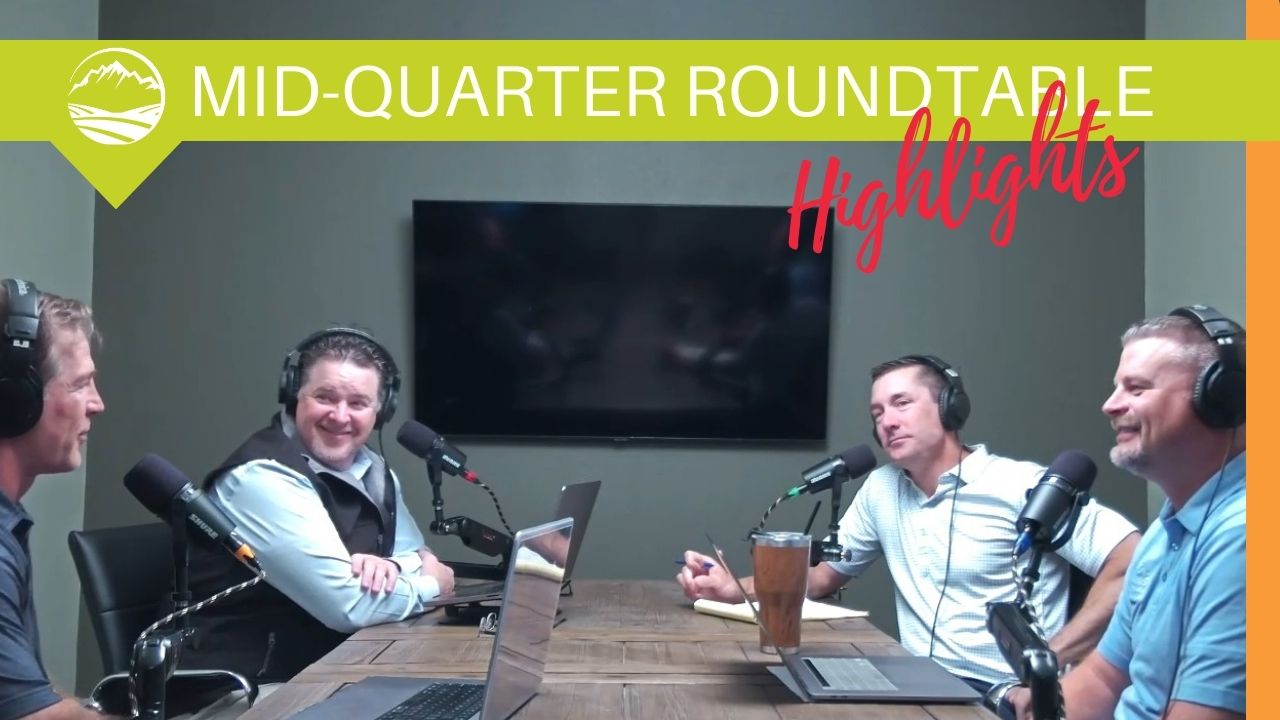You are now leaving the Strong Valley Wealth & Pension, LLC ("Strong Valley") website. By clicking on the "Schwab Alliance Access" link below you will be entering the Charles Schwab & Co., Inc. (“Schwab”) Website. Schwab is a registered broker-dealer, and is not affiliated with Strong Valley or any advisor(s) whose name(s) appears on this Website. Strong Valley is/are independently owned and operated. Schwab neither endorses nor recommends Strong Valley. Regardless of any referral or recommendation, Schwab does not endorse or recommend the investment strategy of any advisor. Schwab has agreements with Strong Valley under which Schwab provides Strong Valley with services related to your account. Schwab does not review the Strong Valley website(s), and makes no representation regarding the content of the Website(s). The information contained in the Strong Valley website should not be considered to be either a recommendation by Schwab or a solicitation of any offer to purchase or sell any securities.

Financial stress is a common experience, especially in retirement when your income is often fixed and your reliance on savings and investments is higher than ever. Managing financial stress is not about avoiding stress altogether but about knowing where to turn when it arises.

Whether market turbulence causes your blood pressure to spike or you manage to stay calm, it's important to recognize that almost no one is immune to financial stress all of the time. Stress can arise not just from economic news but also from personal events like job loss, natural disasters, and other unexpected life changes.
Financial stress is a common experience, especially in retirement, when your income is often fixed and your reliance on savings and investments is higher than ever. The sight of your portfolio losing value can trigger anxiety and fear about your long-term financial security. However, it’s essential to approach these situations with a clear head and a strategy in place.
When financial stress strikes, the first step is to take a moment to assess your situation. It's easy to let emotions take over, but understanding the actual impact of market movements on your long-term financial goals is crucial. A 3% drop in the S&P 500, while significant, may not have as devastating an impact on a well-diversified portfolio as it seems at first glance. Remember that markets have a history of recovery, and long-term investments are built to withstand these kinds of fluctuations.
Staying informed is important, but it’s equally important to avoid making hasty decisions based on short-term market movements. Panic selling during a market dip can lock in losses that would otherwise have been temporary. Instead of reacting impulsively, revisit your financial plan to ensure it still aligns with your goals. If your plan is sound and has accounted for potential market downturns, it will provide a roadmap to help you navigate these challenging times.
Consulting your financial advisor can provide reassurance and guidance. An advisor can help you understand how market changes impact your portfolio and whether any adjustments are needed. Often, simply talking through your concerns with a professional can reduce anxiety and provide a clearer perspective on your financial situation.
In times of financial stress, it's also important to consider your liquidity. Having an emergency fund can offer a cushion against unexpected expenses or market downturns, providing peace of mind that you have immediate resources available if needed. Reviewing the accessibility and adequacy of your emergency fund can be a helpful exercise during uncertain times.
Financial stress is not just about numbers; it can take a toll on your emotional and mental well-being. Leaning on your support network – whether that’s family, friends, or a community group – can provide emotional relief. Sometimes, just sharing your concerns can make them feel more manageable.
Managing financial stress in retirement is not about avoiding stress altogether but about knowing where to turn when it arises. By staying informed without overreacting, reviewing your financial plan with a trusted advisor, ensuring you have a solid emergency fund, and seeking support from those around you, you can navigate financial stress with greater confidence.
In doing so, you’ll be better equipped to ensure that your retirement years remain focused on enjoyment and fulfillment, rather than on the inevitable bumps along the financial road.



